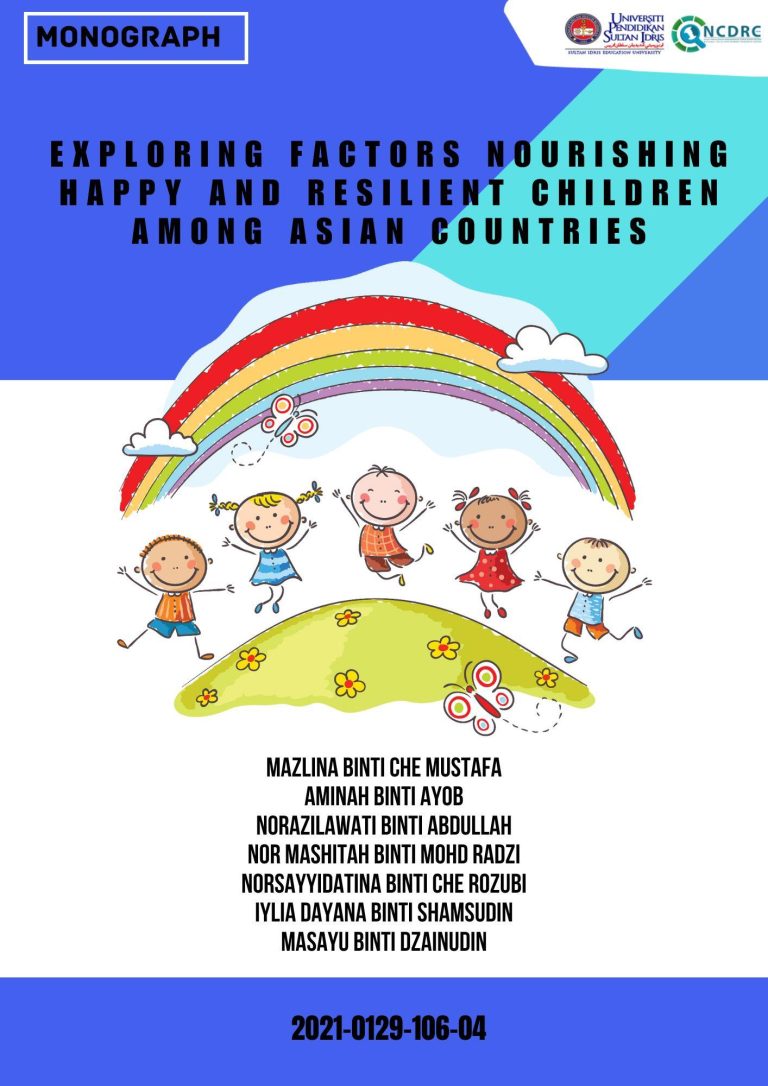

Providing education for the plantation children is of major importance, in line with the United Nations’ Millenniam Development Goals (MDO) to provide every child with complete primary school education by 2015. Even more important is providing quality education. Quality education, in the contest of education for plantation childres, is educution that empowers and liberates the children so that they can reach their potential: some to go on to higher education and perhaps become managers in the plantation, others to provide a supply of efficient and intelligent plantation labour suited to the needs of the industry as it upgrades to the twenty-first century.
The situation encountered in similar to the, nimation, prevalent among the children of immigrant Indian labour force in the plantations, particularly in Peninsular Malaysia, in the nineteenth and early twentieth century where children in the rubber plantations ended being not more than a ready supply of labourers for the plantation (Arasarutaam, 1970, Loh, 1975, Ratnavadivel, 2007). This relates to the democratization of education in the context of access to quality education for all (Education for All, UNESCO, 2011). When the quality of education does not enable the children to rise above the level of their parents it alsos to a poor quality of life for them, devoid of opportunities the occupational and soddi mobility. The world is changing impidly in the context of globalization of markets and these children need to be prepared to participate as active citizens in twenty-first century societies.